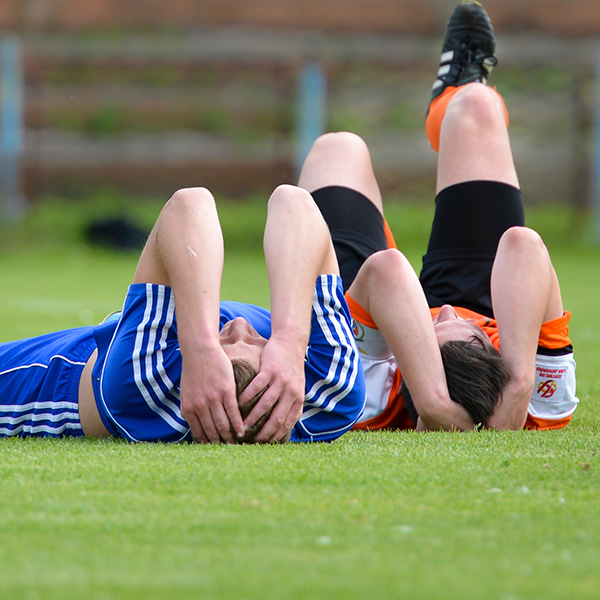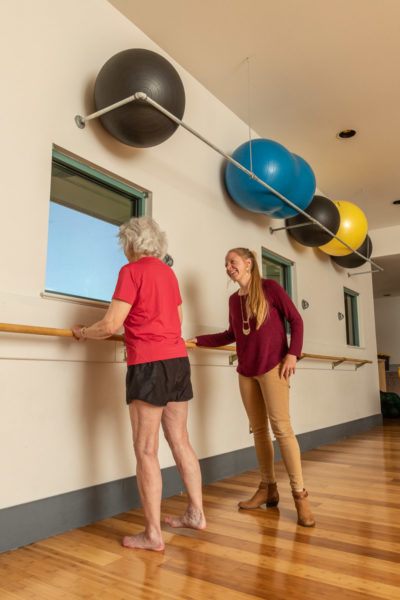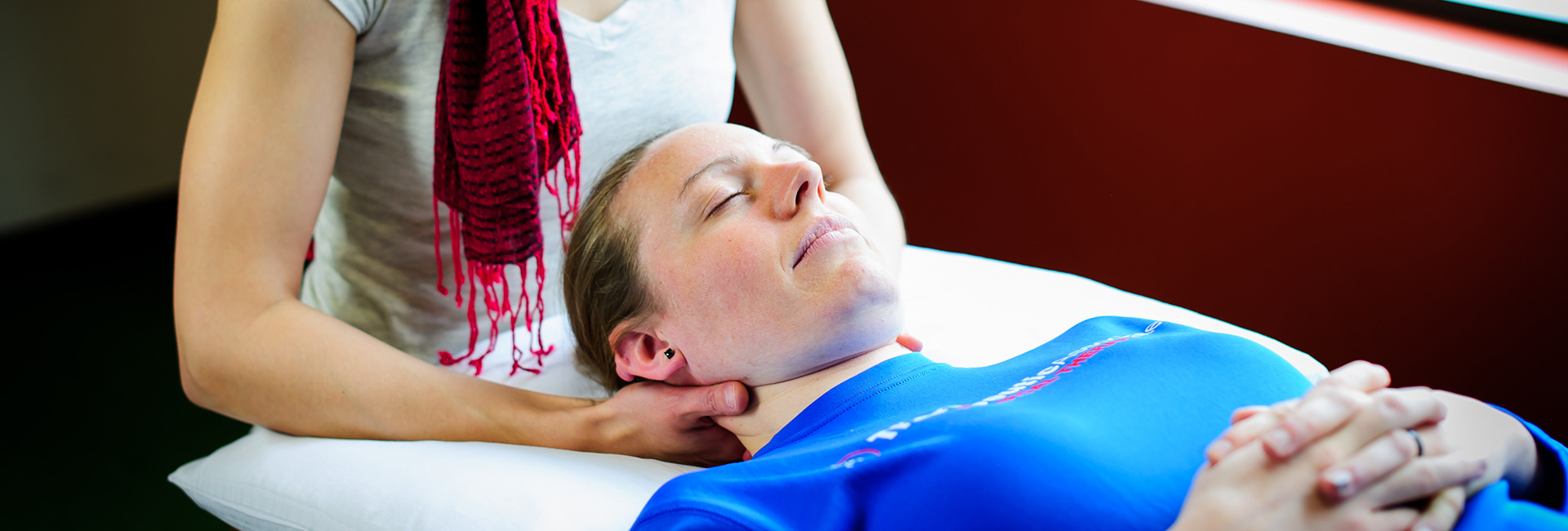What is a concussion?
A concussion is a mild form of traumatic brain injury that is caused by physical force. Most commonly this is due to a fall or blow to the head, but it can also result from a shaking or jarring motion such as in a motor vehicle accident resulting in whiplash. Whiplash causes the brain to move back in forth in the skull resulting in a disturbance in brain function and performance. Each year, 3.8 million concussions happen in sports alone, and millions more likely go undiagnosed.
What are the symptoms of a concussion?
A concussion can lead to a wide variety of symptoms, which is likely why so many go undiagnosed. Some people who have a concussion experience only one symptom, but most people exhibit several concussion symptoms.
PHYSICAL SYMPTOMS
Headache
Nausea/Vomiting
Difficulty Sleeping
Balance Problems
Dizziness
Double or Blurred Vision
Neck/back pain
EMOTIONAL SYMPTOMS
Drowsiness
Fatigue/Lethargy
Sadness/Depression
Nervousness/Irritability
Restlessness
Mood Swings
COGNITIVE SYMPTOMS
‘Slowed Down’ feeling
‘in a fog’ or ‘Dazed’
Difficulty Concentrating
Difficulty Remembering
Confusion
Decreased ability to think/problem solve
What should I do if I have signs of a concussion?
- Immediately notify someone.
- If this is during a sporting event, notify your parents, trainer and coach. Trainers/coaches will have a protocol in place for helping you, and your parent can help with the next steps detailed below. If a concussion is suspected, you should not return to sports until seen by a healthcare provider.
- If this is after a fall, motor vehicle accident, or some other impact, notify your family or a friend to help ensure you’re able to follow the next steps

- Schedule an appointment with your primary care doctor. Having an assessment by a trained healthcare provider will help ensure you are not at risk for a brain bleed or swelling in the skull. Your doctor can then help you find a provider, such as a physical therapist, to help you resolve your concussion symptoms.
- You should be continuously monitored for the first 48 hours after the injury that caused your concussion. This will help ensure that there isn’t a more serious injury requiring immediate medical attention such as a brain bleed or swelling in the skull. You should be taken to the nearest emergency department if you have any of the following signs/symptoms:
- Cannot be woken up or are very drowsy
- Drug or alcohol intoxication at time of injury
- Decreasing level of awareness/consciousness
- Unsteadiness with walking or standing
- Weakness/numbness in arms or legs
- Vomiting
- Seizure
- Fluid/blood coming from ears, nose, mouth, eyes
- Slurred speech
How is a concussion diagnosed and treated?
Seek treatment by a healthcare provider specifically trained in concussion diagnosis and care. The ImPACT program outlines several Concussion Trajectories for the treatment of post-concussion syndrome.
At Therapeutic Associates, a comprehensive evaluation looking at all aspects of your concussion is done immediately during your first session. Once your individual treatment trajectories are identified, specific treatment is performed by a team of specialists. We will work together to help eliminate symptoms and guide you in return to daily activities such as school, work, and recreation.
Concussion treatment might include:
- Guidance in cognitive rest, sleep, screen time
- Tips for light and noise sensitivity
- Balance training, including vestibular therapy
- Sensory and special re-integration
- Exertion testing and prescription
- Manual therapy including joint mobilization, soft-tissue release, etc
- Exercises for rehabilitation of muscle, joint problems
- Vison Therapy and intervention for blurred or double vision
- Counseling and behavioral therapy
- Exercises and strategies for memory and recall
- Sport-specific re-integration including eye-tracking, sport drills, coordination, multi-direction physical exercises

Don't wait. Get started today!
If you think you have sustained a concussion or have been diagnosed with a concussion or post-concussion syndrome, please contact one of our concussion trained specialists. We are happy to schedule you an appointment and to assist with any questions, or guidance you need.


